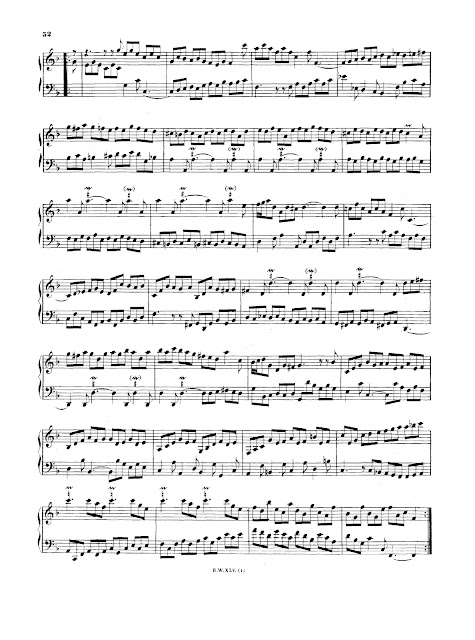DCVI. ANONYMOUS (ca. 1200-1270)
Quant je pens / Blanchette / VALARE (Mo 168)
Anonymous 4
(2:32)
A tenor with one extra voice was simply termed motetus, while two voices created a triplum, and three, a quadruplum.
This anonymous triplum incorporates two separate love poems:
qua j'aim de cuer sons folor
Jolie vie
Sans vilanie
Maine mon fin cuer por s'amor
C'est la rosete
c'est la flor
La violete
De douçar
So grant biqueté
Mi fet penser
Et nuit et jour
Et tient mon fin cuer en baudour
Simplete et coie
Blanchette et bloie
Dieus vos doinst joie
Et grant honor!
Blanchete comme fleur de lis
Doucement
Bonement
Sui souvent pour vous esbaudis
Vos cler vis
Voz doz ris
Bouche fete par devis
Euz vairs, [rians] et bien asssis
Mi tienent jolis
Biaus douz cuers, vos loiaus amis
Serai longuement, ligement, toudis
A vos devis
Douce amie
Renvoise
Vous m'avés doucment espris






_Page_1.jpeg)
_Page_34.jpeg)
_Page_58.jpeg)





































_Page_1.jpeg)
_Page_2.jpeg)
_Page_3.jpeg)
_Page_5.jpeg)
_Page_7.jpeg)



